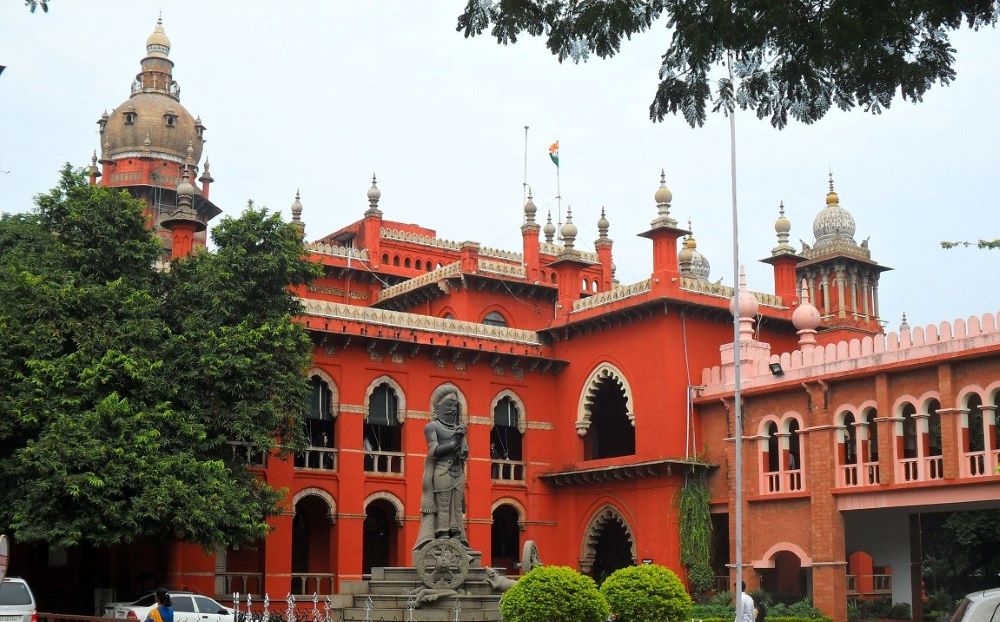Anshika Tiwari-
Condemning the inordinate delay in the representation of detenus the High Court of Madras directed the State government to set up a dedicated web portal for the purpose and use web-based technologies of email fax or WhatsApp to track movement. The court said that this move was necessary to avoid delays.
A division bench consisting of Justices K.Kalyanasundamaram and B.Pugalendhi noted that despite passing several orders and pulling up authorities there were deliberate delays in considering the representations. The motive behind such delays, the court felt was to get the detention orders quashed by the court.
The High Court relied on similar directions passed in the case of S.Rabiya Vs State of Tamil Nadu and Ors. It noted;
“Time and again, this Court has reminded the authorities that though very many detention orders are passed in the State, most of them fail to stand before the judicial scrutiny because of the delay in considering the representation of the detenu.”
“Even the proformas submitted by the State did not spell out the reasons for the delay in considering the representations,” the court added.
The court observed that there was a delay of 25 days in the instant case.
It also relied on the judgement of Rajammal v. State of Tamil Nadu and Ors., where the Apex Court observed that any delay in disposing representation must be explained by the authorities.
If any delay were caused on account of any indifference or lapse in considering the representation, such delay would adversely affect the prisoner’s further detention.
Taking note of delays in filing final reports sent to Public Prosecutors for vetting the bench gave the following two observations:
- There is no statutory requirement to get the report vetted by the public prosecutor.
- A hierarchy of officers in the directorate of prosecution can be approached.
The Court noted that neither the Code under Section 172(2) Cr.P.C. nor the Criminal Rules of Practice under Rule 25 (2) warrant the police to file the final report only after getting the opinion of the Public Prosecutor. Even when professional vetting is sought to avoid basic defects, it should not create mechanical delays.
The court emphasised that there were several precedents that laid down directions for expeditious vetting.
In the instant case, the detenu was released on statutory bail under Section 167(2) Cr. P.C. since the final report was not filed within the stipulated time limit of 180 days. His case was that the detention order should be set aside owing to the inordinate delay in considering representation of the detenus which violated his procedural safeguards guaranteed under articles 21 and 22 of the constitution.
Also Read: All new Buildings should be Disabled-friendly: Madras HC

